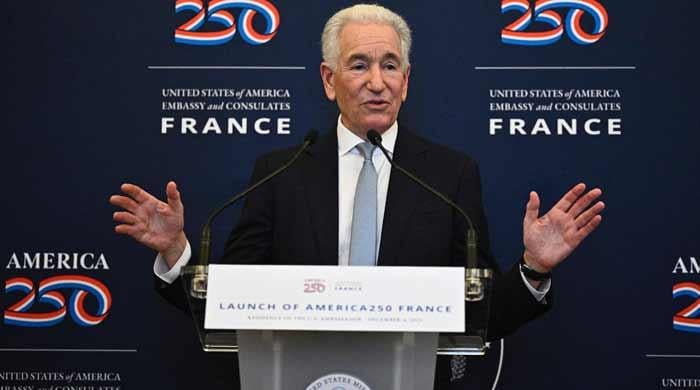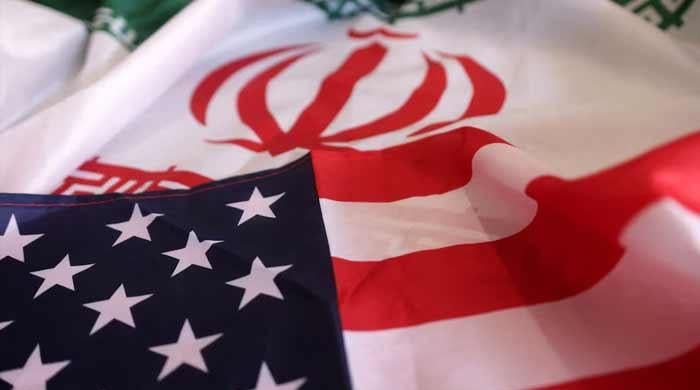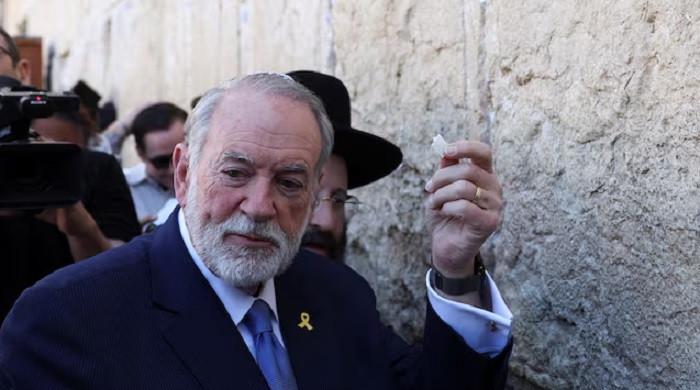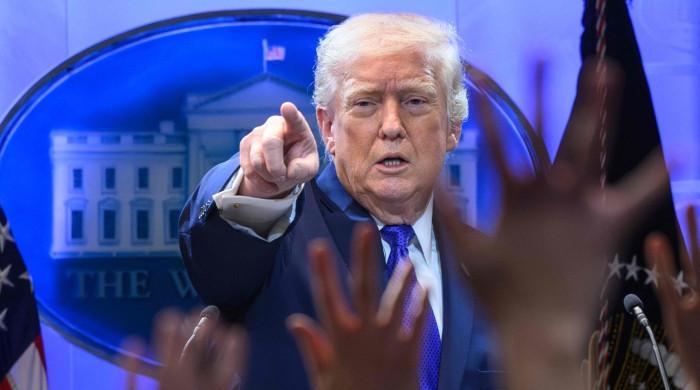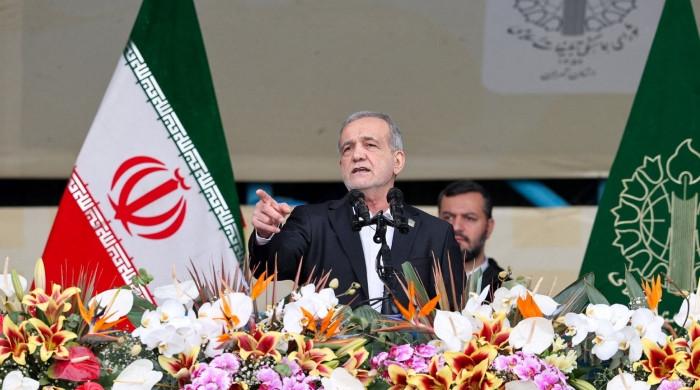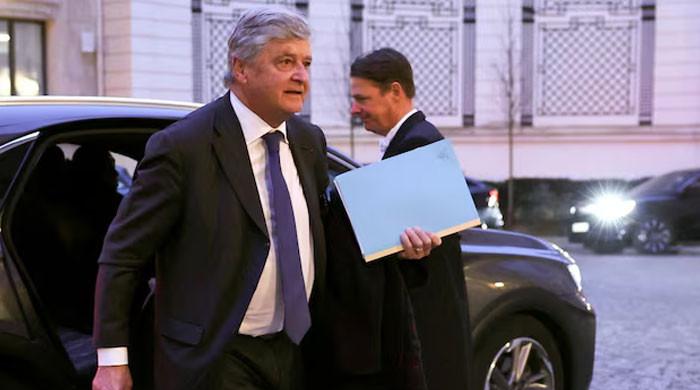India's Modi to visit IIOJK to unveil 'strategic railway'
Indian PM will open $24m Chenab Bridge, what its railways calls "arguably biggest civil engineering challenge"
June 04, 2025
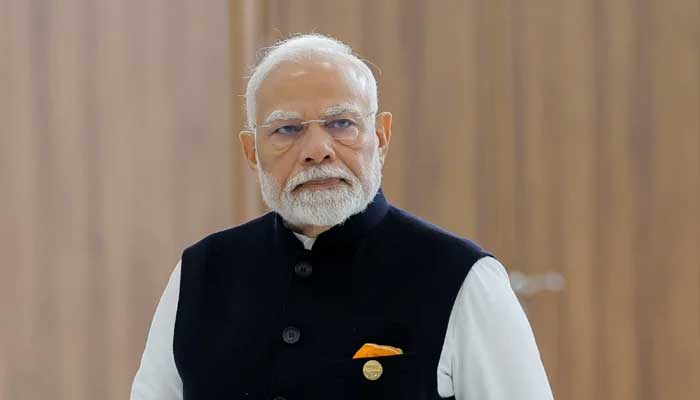
Indian Prime Minister Narendra Modi is set to make his first visit to Indian Illegally Occupied Jammu and Kashmir (IIOJK) since a conflict between Pakistan and India last month, inaugurating a strategic railway to the mountainous region, his office said on Wednesday.
The Muslim-majority Himalayan region of occupied Kashmir is at the centre of a bitter rivalry between Pakistan and India, divided between them since independence from British rule in 1947.
Modi will visit on Friday to open the Chenab Bridge, a 1,315-metre-long steel and concrete span that connects two mountains with an arch 359 metres above the river below.
"The project establishes all-weather, seamless rail connectivity between the Kashmir Valley and the rest of the country," the Indian Prime Minister's Office said in a statement.
Modi is expected to flag off a special train.
Last month, nuclear-armed Pakistan and India fought an intense four-day conflict, their worst standoff since 1999, before a ceasefire was agreed on May 10.
The conflict was triggered by an April 22 attack on civilians in Indian occupied Kashmir that New Delhi accused Pakistan of backing — a charge Islamabad denies.
The 272-kilometre Udhampur-Srinagar-Baramulla railway — with 36 tunnels and 943 bridges — has been constructed "aiming to transform regional mobility and driving socio-economic integration", the statement added.
Its dramatic centrepiece is the Chenab Bridge, which India calls the "world's highest railway arch bridge".
While several road and pipeline bridges are higher, Guinness World Records confirmed that Chenab trumps the previous highest railway bridge, the Najiehe in China.
Indian Railways calls the $24-million bridge "arguably the biggest civil engineering challenge faced by any railway project in India in recent history".
The bridge will facilitate the movement of people and goods — as well as troops — that was previously possible only via treacherous mountain roads and air.
The train line could slash travel time between the town of Katra and Srinagar, the region's key city, by half, taking around three hours.
The bridge will also revolutionise logistics in Ladakh, the icy region in India bordering China.
India and China, the world's two most populous nations, are intense rivals competing for strategic influence across South Asia.
Their troops clashed in 2020, killing at least 20 Indian and four Chinese soldiers, and forces from both sides today face off across contested high-altitude borderlands.




